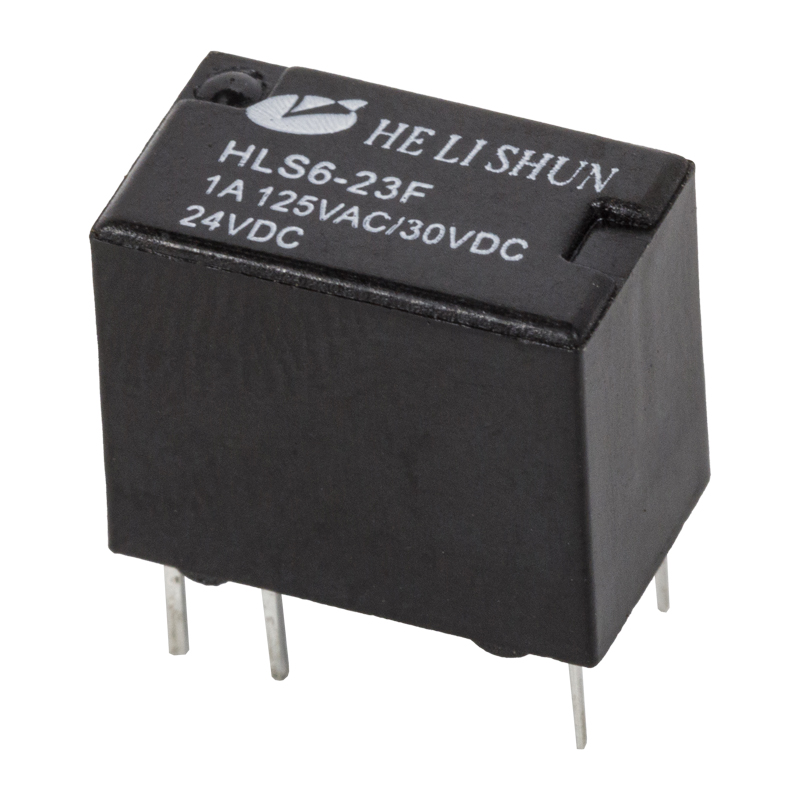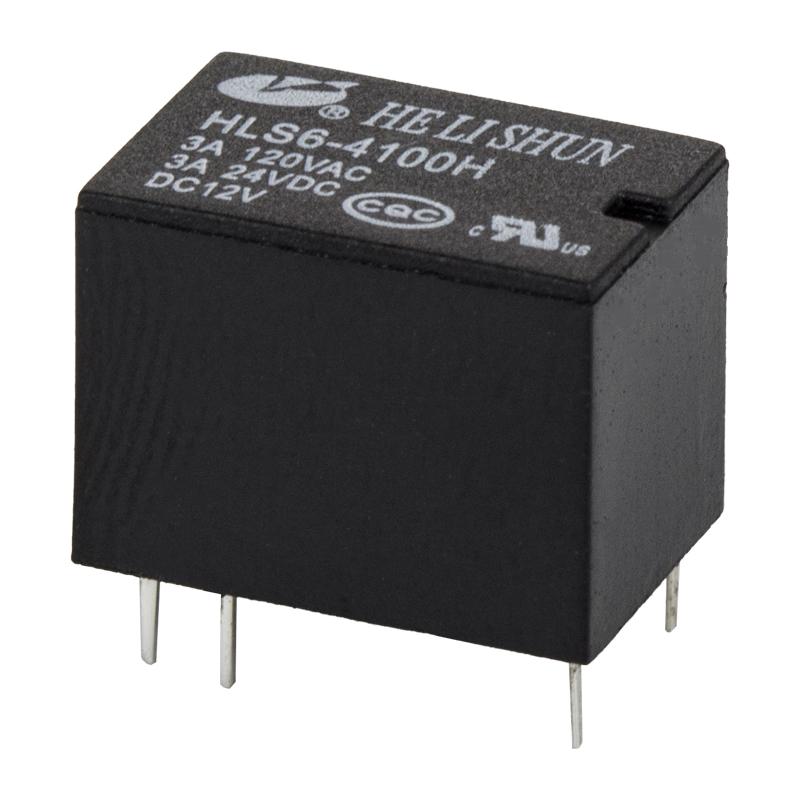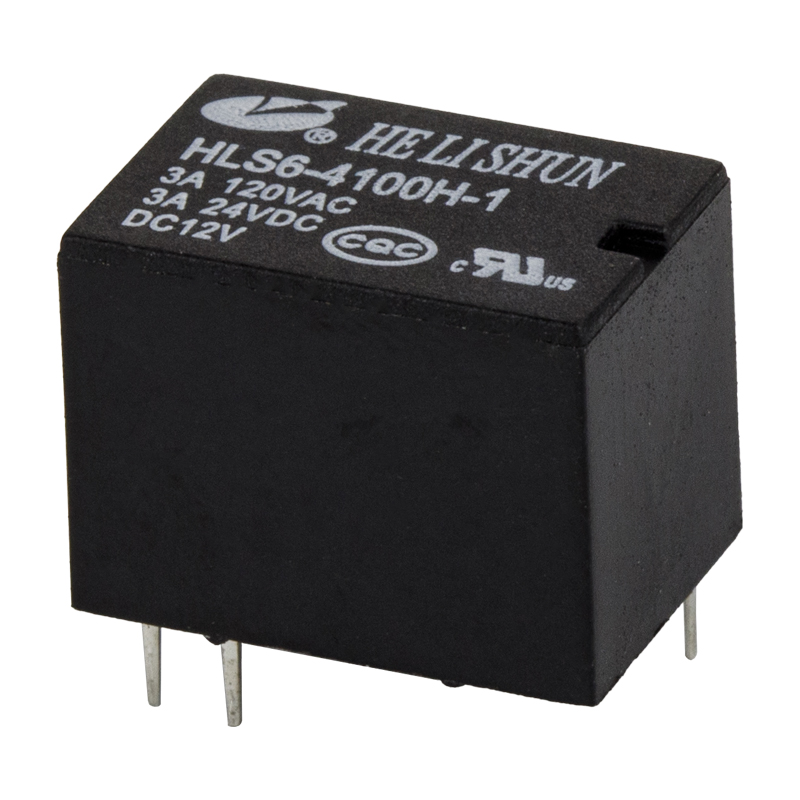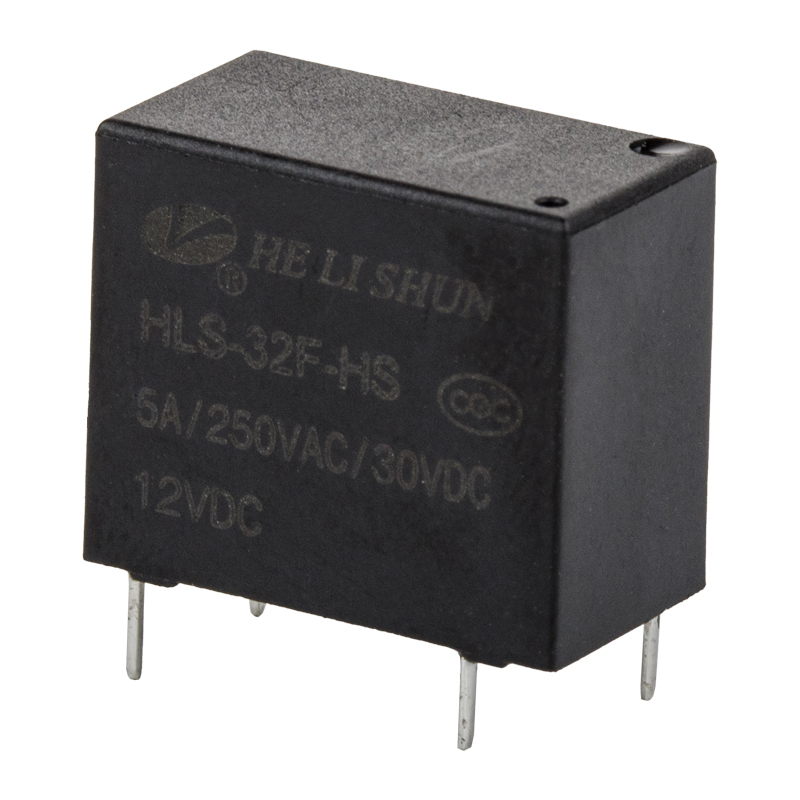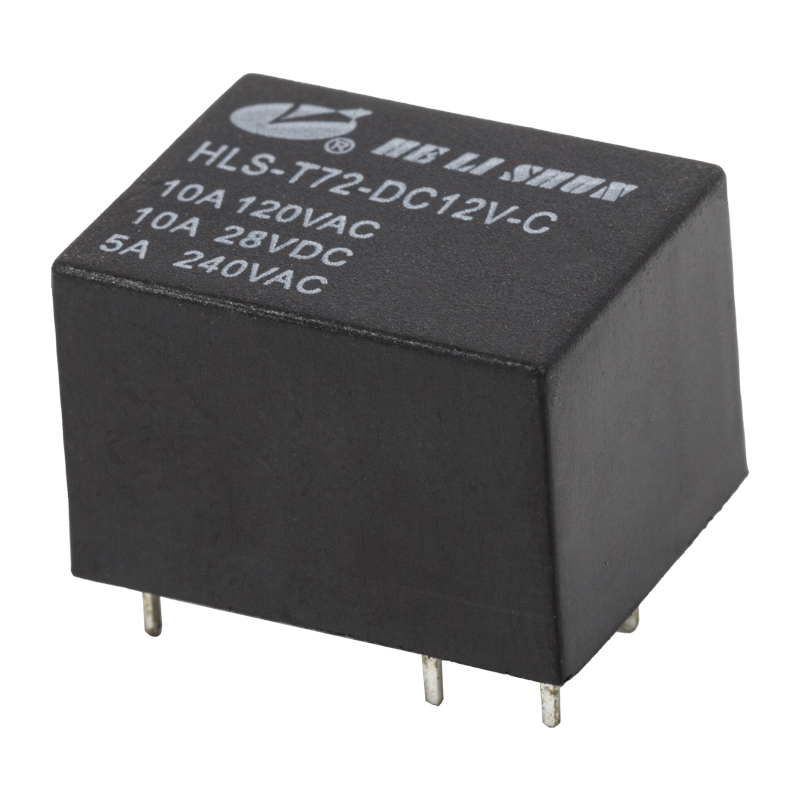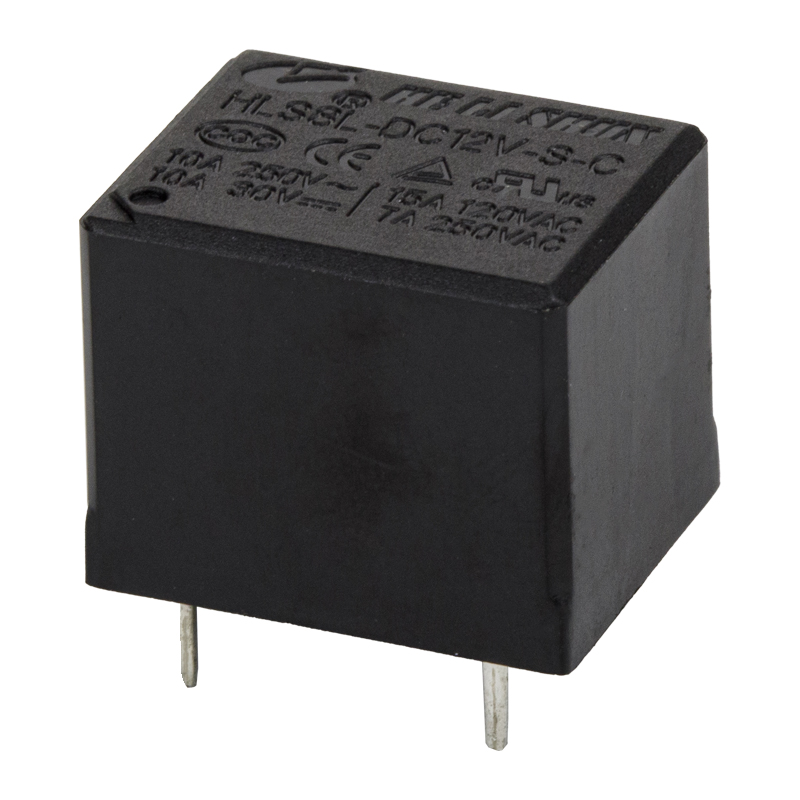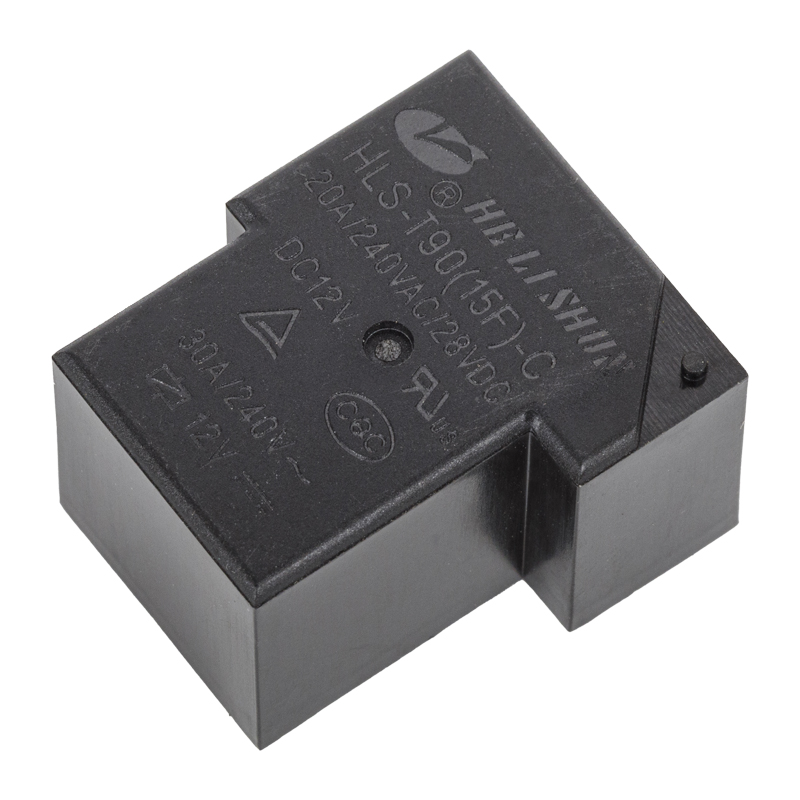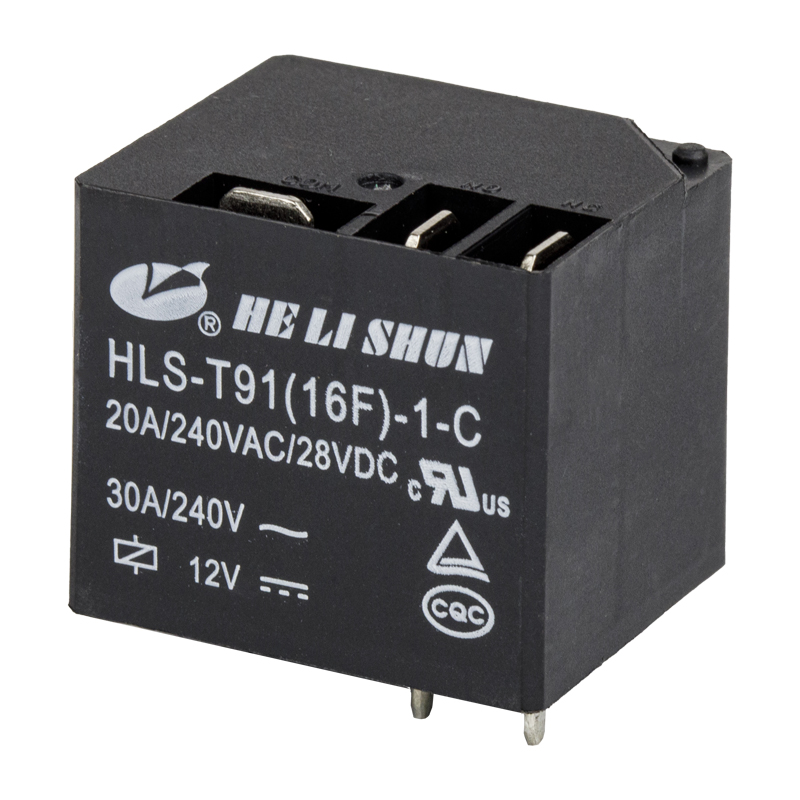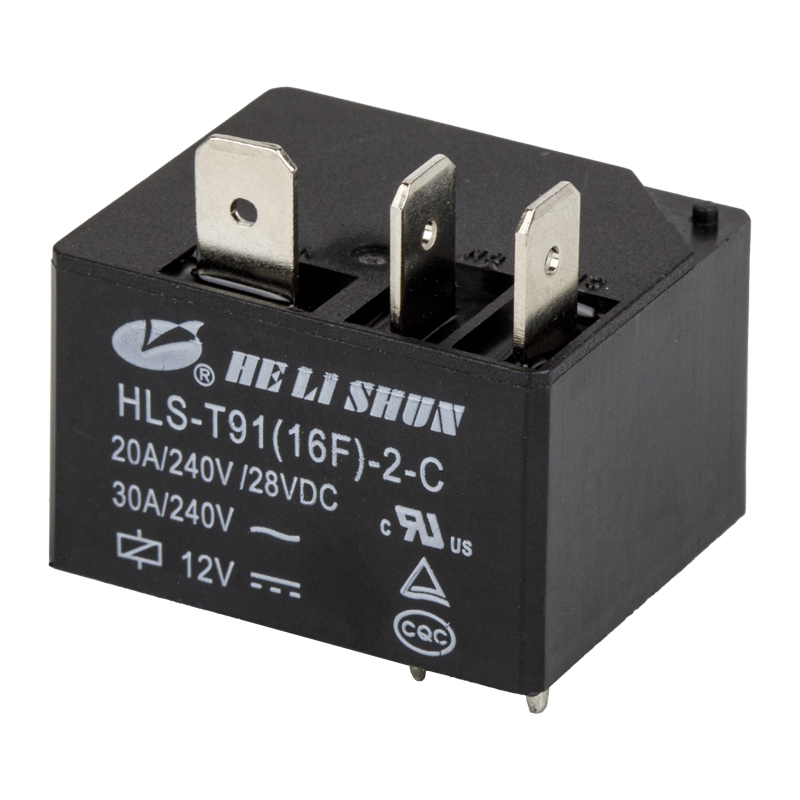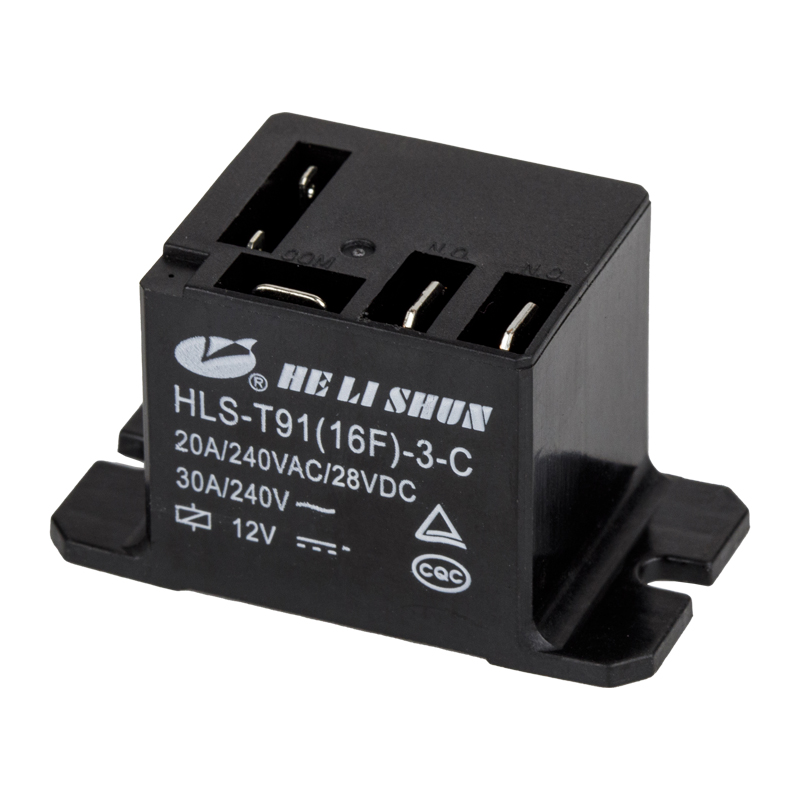In the world of electronics, precision and control are paramount. Whether you're building a home automation system, a robotics project, or any other electronic device, having the ability to manage power flow is essential. This is where a PCB power relay comes into play, providing a reliable and efficient solution for switching heavy electrical loads.
A PCB power relay, also known as a power switch or an electromechanical relay, is a compact device that controls the flow of electricity within a printed circuit board (PCB). It acts as a bridge between the control circuitry and the power circuit, allowing you to control high-voltage or high-current loads with ease.
One of the key advantages of using a PCB power relay is its ability to handle significant electrical loads more efficiently compared to solid-state relays or other alternatives. This makes them ideal for applications that require switching currents above the capabilities of smaller electronic components. From motor controls and lighting systems to industrial machinery and appliances, PCB power relays can handle a wide range of power requirements.
Another significant benefit of using a PCB power relay is its durability and reliability. These relays are designed to withstand high temperatures, electrical surges, and other harsh conditions that may be present in various environments. This durability ensures that your electronics projects operate smoothly and can handle demanding situations without any disruptions.
Moreover, PCB power relays offer flexibility in terms of their switching capability. They can be either normally open (NO) or normally closed (NC), allowing you to control whether a circuit is open or closed when the relay is not energized. Additionally, some relays have multiple poles, enabling you to switch multiple circuits simultaneously, further expanding the possibilities for your projects.
When choosing a PCB power relay, it's essential to consider factors such as the coil voltage, contact rating, and the application's specific requirements. Different relays may offer unique features like overvoltage protection, arc suppression, or even built-in diodes for back-EMF protection, depending on the complexity of your project.
With the help of a PCB power relay, you can take your electronics projects to the next level. From automating processes to controlling power-hungry devices, these relays provide the necessary control and reliability that you need. So, whether you're a hobbyist working on personal projects or an engineer developing professional-grade systems, consider incorporating a PCB power relay into your designs for optimal performance and efficiency.




 English
English 中文简体
中文简体
